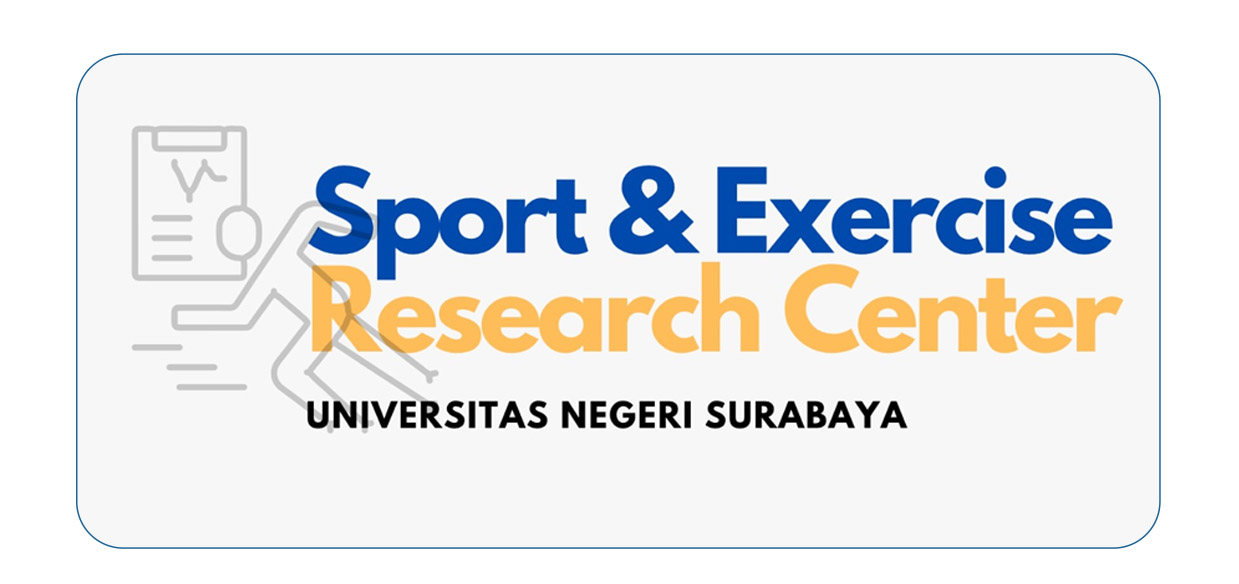Hubungan Tingkat Kecemasan dengan Tingkat Efikasi Diri Pada Atlet Renang
DOI:
https://doi.org/10.26740/jossae.v6n1.p107-114Keywords:
Anxiety, Self-Efficacy, Swimming AthletesAbstract
Anxiety might give the tremendous impact on swimming athletes such as loss of concentration and motor ability which could result in lowering athlete’s performance level in competition. Therefore, there was self efficacy as a psychological aspect which decreasing anxiety level on swimming athletes. A high self efficacy might enable athletes to face and handle the hard situations and also manage their anxiety in competition. This study aimed to determine whether there was a relationship between anxiety amd self efficacy in swimming athlete. This research was an observational study using a cross sectional approach. The subjects were 40 swimming athletes from Pyramid Swimming Club, Bogor aged 10-18 years old. The dependent variable was anxiety which measured using the Taylor Minnesota Anxiety Scale (TMAS) Questionnaire. The independent variable was self-efficacy which measured using a General Self-Efficacy (GSE) Questionnaire. Statistical analysis was performed using Product Moment Pearson test. The result showed there was correlation between anxiety and self-effcicay in swimming athletes as indicated with significance value of 0.031 and the correlation strength was low at 0.298 and the direction of correlation was negative. Based on these result it can be conclude that, there was negative correlation between anxiety and self-efficacy in swimming athletes.
References
Amila, A. M. (2019). Hubungan Efikasi Diri Dengan Kecemasan Pada Pasien Pre Operasi Di Rumah Sakit Tingkat III Baladhika Husada Jember. Universitas Jember.
Bandura, A. (1997). Self-Efficacy: The Exercise Of Control.
Colton, & Sarwono. (2018). Buku Metode Penelitian Kuantitatif Dan Kualitatif (2nd ed.). Graha Ilmu.
Gilas, L. (2018). Tingkat Kecemasan Ditinjau Dari Jenis Kelamin Dan Jenis Olahraga Pada Atlet Unit Kegiatan Mahasiswa (UKM) Unit Olahraga Di Universitas Islam Negeri Maulana Malik Ibrahim Malang. Universitas Islam Negeri Maulana Malik Ibrahim Malang.
Gunarsa, Y. (2014). Psikologi Olahraga Prestasi. BPK Gunung Mulia.
Hartono, D. R. (2012). Pengaruh Self-Efficacy (Efikasi Diri) Terhadap Tingkat Kecdemasan Mahasiswa Fakultas Kedokteran Universitas Sebelas Maret. Universitas Sebelas Maret.
Husdarta, H. J. S. (2014). Psikologi Olahraga (3rd ed.). Penerbit Alfa Beta.
Kaplan, & Sadock. (2010). Buku Ajar Psikiatri Klinis (2nd ed.). Penerbit Buku Kedokteran EGC.
Maramis, W., & Maramis, A. (2010). Catatan Ilmu Kedokteran Jiwa (2nd ed.). Airlangga University Press.
Mulyana, B. (2014). Hubungan Konsep Diri, Komitmen, dan Motivasi Berprestasi Dengan Prestasi Renang Gaya Bebas. Jurnal Cakrawala Pendidikan, 3(3). https://doi.org/10.21831/cp.v3i3.1636
Pratama, B. (2018). Pengaruh Kecemasan Terhadap Konsentrasi Pada Atlet Renang Petrokimia Gresik. JOSSAE : Journal of Sport Science and Education, 3(2), 76. https://doi.org/10.26740/jossae.v3n2.p76-80
Priyatno, D. (2011). Buku Saku Analisis Statistik Data SPSS. Mediakom.
Putri, S. W., Suminta, R. R., & Handayani, D. (2017). Hubungan Efikasi Diri Dengan Kecemasan Menghadapi Ujian Nasional Pada Siswa. Happiness Journal of Physiology and Islamic Science, 1(2), 14.
Supriyantini, S. (2010). Perbedaan Kecemasan Dalam Menghadapai Ujian Antara Siswa Program Reguler Dengan Siswa Program Akselerasi. Universitas Sumatera Utara.
Susanto, E. (2015). Manfaat Olahraga Renang Bagi Lanjut Usia. MEDIKORA, 1. https://doi.org/10.21831/medikora.v0i1.4669
Downloads
Additional Files
Published
How to Cite
Issue
Section
License
Copyright (c) 2021 JOSSAE (Journal of Sport Science and Education)

This work is licensed under a Creative Commons Attribution-ShareAlike 4.0 International License.
 Abstract views: 1956
,
Abstract views: 1956
, PDF Downloads: 1713
,
PDF Downloads: 1713
, PDF Downloads: 0
PDF Downloads: 0








